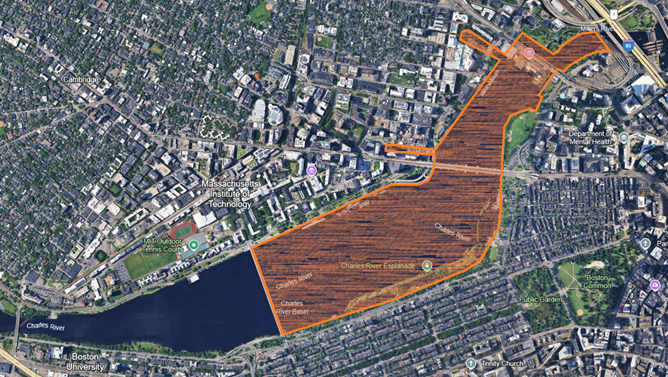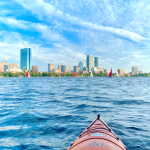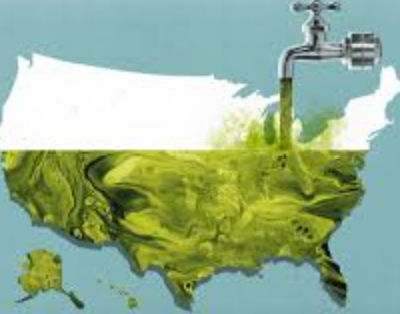Cyanobacteria Algae Alert in the Charles River, Boston
The Boston Public Health Commission announced in a press release on July 31 that cyanobacterial algae have been found in the Charles River, downstream of Harvard Bridge.
The BPHC advises residents to avoid contact with and the inhalation of the affected water. Water with cyanobacteria is murky, similar to pea soup.
The affected area extends past the Storrow Lagoon. Affected areas are temporarily closed to water activities including swimming, boating and fishing.
Cyanobacteria produce toxins that cause sickness in people and pets. Contact may cause skin and eye irritation, while inhalation may cause vomiting and diarrhea. In severe cases, cyanobacterial algae may cause issues with the liver, kidneys, neurological systems, and even death.
Small children and dogs are more susceptible to the harmful effects, the BPHC says. If your pet or your child comes in contact with infected water, rinse them off immediately.
The advisory may last anywhere from a few days to weeks. The Massachusetts Department of Public Health is monitoring the cyanobacterial algae levels.







